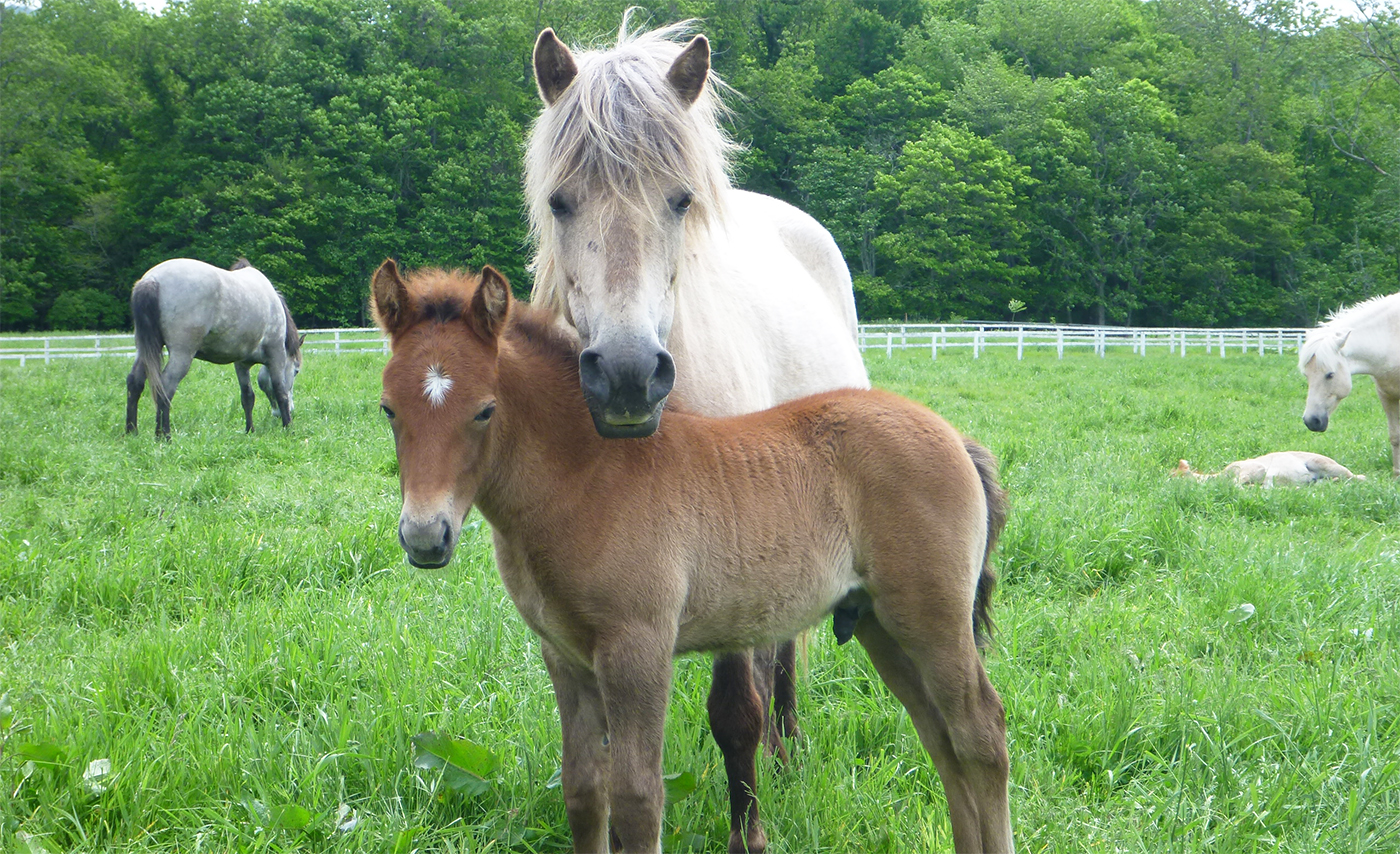
Horses can sense human emotions through facial expression, voice
For the first time, researchers have found that horses can perceive human emotion through facial expressions and voice tones. This recognition was demonstrated by horses regardless of whether an individual was familiar to them.
Horses have a long history as working animals and also as companions, forming close bonds with humans like dogs and other pets. It has been well documented that dogs can pick up on human emotions through facial expressions and voices, but until now it was not clear if horses perceived human feelings the same way.
A team of researchers used the expectancy violation method to find out. This particular method has been used to study cognitive development among infants.
Horses were shown a picture of a happy facial expression or an angry facial expression on a screen, followed by a pre-recorded human voice coming from a speaker behind the screen that was either praising or scolding.
Horses were presented with some facial expressions and voice tones that matched, which is referred to as the congruent condition, and others that did not, known as the incongruent condition.
The study revealed that horses responded to the voices up to two times faster when presented with the incongruent condition compared to the congruent condition. This was found to be the case regardless of familiarity with the individual.
In addition, the horses looked at the speaker 1.4 times longer in the incongruent condition than in the congruent condition when the person was familiar.
The results of the analysis indicate that horses integrate human facial expressions and voice tones to perceive human emotions. Because of this, when horses heard a human voice whose emotional value did not correspond with the human facial expression, they responded to the unanticipated violations of their expectations.
Ayaka Takimoto is an associate professor in the Department of Behavioral Science at Hokkaido University.
“Our study could contribute to the understanding of how humans and companion animals send and receive emotional signals to deepen our relationships, which could help establish a better relationship that emphasizes the well-being of animals,” said Professor Takimoto.
The research is published in the journal Scientific Reports.
—
By Chrissy Sexton, Earth.com Staff Writer
Image Credit: Ayaka Takimoto













